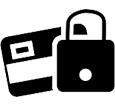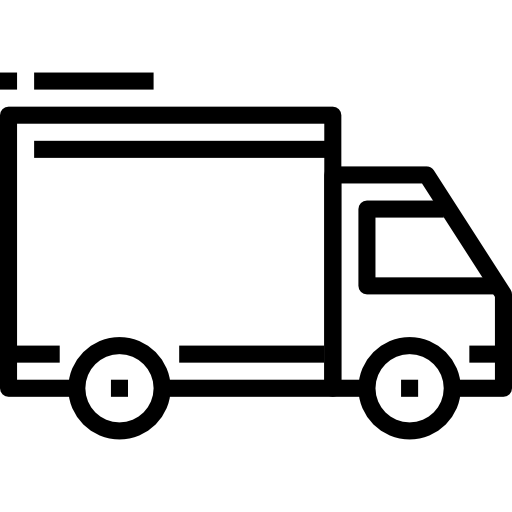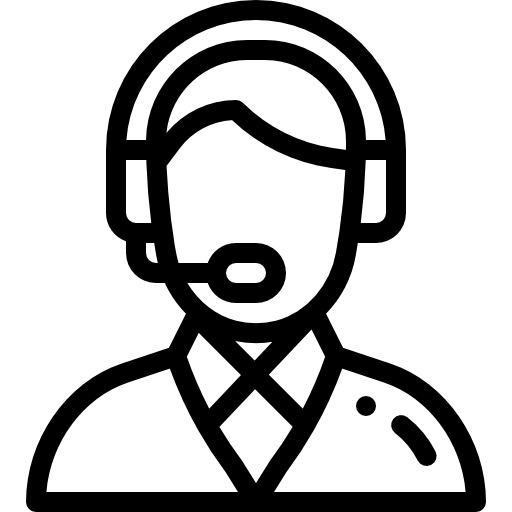
What Do Horses Eat?
of reading - words
Horses are herbivores, so they need a very specific diet and must consume lots of fiber so that their extremely long and sensitive digestive tract continues to function properly. To do this they must eat small quantities throughout the day. Primarily, horses eat grass and hay, but salt, concentrates and fruits or vegetables can also enhance their diet, depending on the work regime required and the feed available.
In this article we present to you a handy list of everything your average adult horse should eat to stay healthy. If your horse's eating habits change, or you notice him losing or gaining weight, seek advice from your equine veterinarian as soon as possible.
It is also important to point out that any rapid change in your horse's diet can cause illness, especially colic. If you change your horse's diet, be sure to do so gradually over two to four weeks. An equine nutritionist can help you plan the change in diet.
What do horses eat?
Here is the list of the most common foods for horses:
Grass: horses love grass. It's their natural food and is great for their digestive system (although you should be wary of your horse eating too much tall grass in the spring as this can cause laminitis). 🛤️
Hay: it keeps your horse satisfied and its digestive system functioning, especially during the cooler months, from fall to early spring, when pastures are not available. 🌮
Fruits and Vegetables: they add moisture to your horse's food. A carrot cut lengthwise is ideal. There are some fruits and vegetables you should avoid though (see below on what type of food to avoid for horses) 🥕

Concentrated feeds: If your horse is old, young, nursing, pregnant or competing, your veterinarian may recommend concentrated feeds, which are grains such as oats, barley and corn. They give energy to your horse. Be aware that these can be dangerous if you get the quantities or combinations wrong, causing mineral imbalances, so find out beforehand. 🌽
Salt: it is always a good idea to provide your horse with a block of salt to lick to compensate for the fact that they do not receive enough of these minerals in hay rations. Many owners find that horses love to eat them during the summer. 🧂
Water : In addition to horse food, your horse needs access to fresh, clean water as much as possible, two to three times a day minimum. Also make sure your horse's water doesn't freeze in winter. 💧
What does a horse eat per day?
An average adult horse should eat dry matter equivalent to 1.5 to 3% of its body weight. It also depends on the activity of the horse and the quality of the food.
At least half of his diet should consist of pasture grass or hay. If a horse is worked or ridden, he will need more food during the day or risk losing weight. Also, do not exercise a horse immediately after a heavy meal. This is very uncomfortable for the horse and can affect its digestion.
How to feed a horse?
Horses should be ration fed all day. If a horse is kept in a stable, it needs two to three meals per day. You should not leave your horse for more than eight hours without food. Horses like routine, so try to feed them at the same time every day. Also make sure water troughs are clean, otherwise horses may refuse to eat or drink.

What do wild horses eat?
Wild horses graze on large areas of land, eating grass, grasses and other shrubs and edible plants. They tend to live near fresh water sources. It is estimated that wild horses can graze 15 to 17 hours per day.
What types of foods should horses avoid?
The horse diet can seriously affect their health, so you should not do anything. As well as making sure your horse eats small amounts of food spread out over the day, you should also make sure to avoid giving him the following foods:
Do not overuse fruit-based snacks and treats: these can cause colic, obesity and can lead to serious health problems. It is advisable to give your horse no more than half a fruit, such as an apple, or two carrots per day. Also make sure your horse does not graze near an orchard or fruit tree in season.
Stone fruits: as for us if they are not pitted, your horse could choke. 🍒
Chocolate and sugary foods: Although your horse will enjoy eating them, these high-sugar foods are unnecessary and could lead to health problems or obesity. 🍫
Bread and cakes: These can cause a blockage in a horse's digestive tract. Wheat can cause a mineral imbalance for your horse. 🍞
Meat: This can be harmful to your horse in the long run and they simply don't need it from a nutritional standpoint as they are herbivorous animals. 🍖
Vegetables from the cabbage family (turnips, cabbages, broccoli, Brussels sprouts, etc.): leave your horse feeling uncomfortable and can cause gas. 🥦
Potatoes: They are not good for horses because they can choke on them. 🍠
Tomatoes: they can cause colic or digestive attacks. 🍅
Garden Herbs: There are many risks associated with things found in the garden such as plants, weeds and pesticides which can be toxic. Colic could result.
Mouldy or dusty hay: this can damage your horse's lungs and therefore his breathing.

And don't forget to... check that your horse is not overweight!
Check your horse's body condition regularly. Just like underweight horses, overweight ones are at risk for many health problems. So it's important to make sure you're not eating too much and exercising too much. Watch the amount of treats you give to your particular horse!









